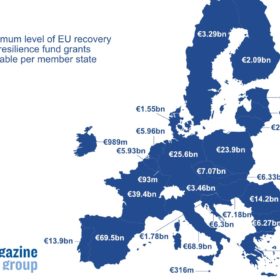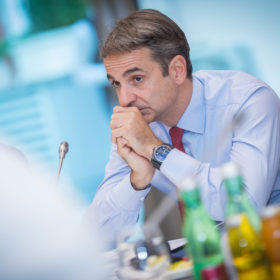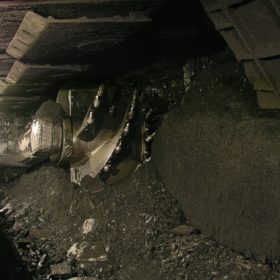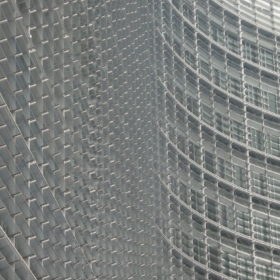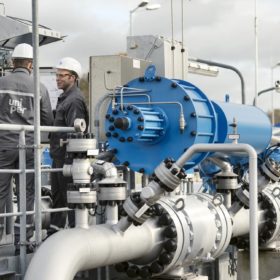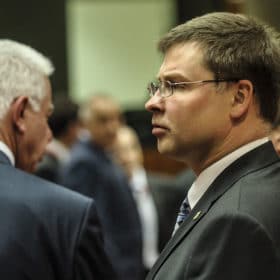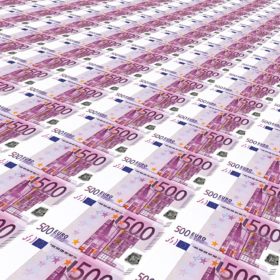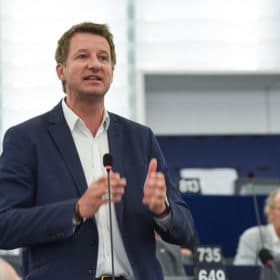EIB and Greece agree first in EU to co-manage €5 bln of recovery plan
The European Investment Bank and Greece this week signed a first-of-its-kind agreement to jointly manage €5 billion of investment concerned with the EU member state’s post-Covid recovery plan. The strategy has a key focus on green energy.
Greece’s recovery plan to invest €10bn in clean energy
The Greek government has published its plan for a post-Covid economic recovery. The strategy aims to mobilize at least €10 billion towards the green energy sector, with the prospect of further EU loans on top.
China’s ‘quasi-monopolistic’ stranglehold on solar noted by EU body
The bloc should accelerate investment into mining and processing within its shores, as well as ramping up recycling, according to European employers and trades unions, with coal workers already equipped with the necessary transferable skills.
European Commission opens antitrust probe into Greek state-owned utility
The EU executive will investigate whether power company PPC abused its dominant position in the member state’s wholesale electricity market to squeeze out competitors.
Nerves of steel: European Commission considers extension to import duty
Since summer 2018, a 25% charge has been levied by the EU on steel-product import volumes in excess of historical norms. European manufacturers say there is still a global steelmaking glut and the U.S. is showing no signs of lifting its restrictions.
More EU cash for green hydrogen
The sustainable gas is among ten areas of research and innovation which would benefit from backing by the bloc, member states and industry, if a new European Commission proposal is adopted.
European Commission: Natural gas can be part of green transition
The EU today confirmed natural gas-fired power and heat generation facilities can qualify for Covid-recovery spending as long as they fulfil a maximum emission target or are accompanied by credible member-state plans to ramp up renewables usage.
EU allocates more cash to help small businesses join green transformation
The European Union agency responsible for providing finance to small and medium-sized businesses will have 64% more funds to disperse after the EIB, European Commission and its other shareholders voted to raise its share capitalization.
EU set to release initial €7.5bn of green transition fund
With the European Parliament formally voting through a €672.5 billion recovery and resilience fund, the baton will pass to the heads of the European Council and its grouping of economic ministers. It is hoped an initial, 13% slice of the fund will be available to member states from early next month.
MEPs prepare to vote on EU carbon border
Carbon price levied on imported goods should be linked to level set by the bloc’s emissions trading system and should cover the power sector by 2023, according to members of the European Parliament’s environment committee.
